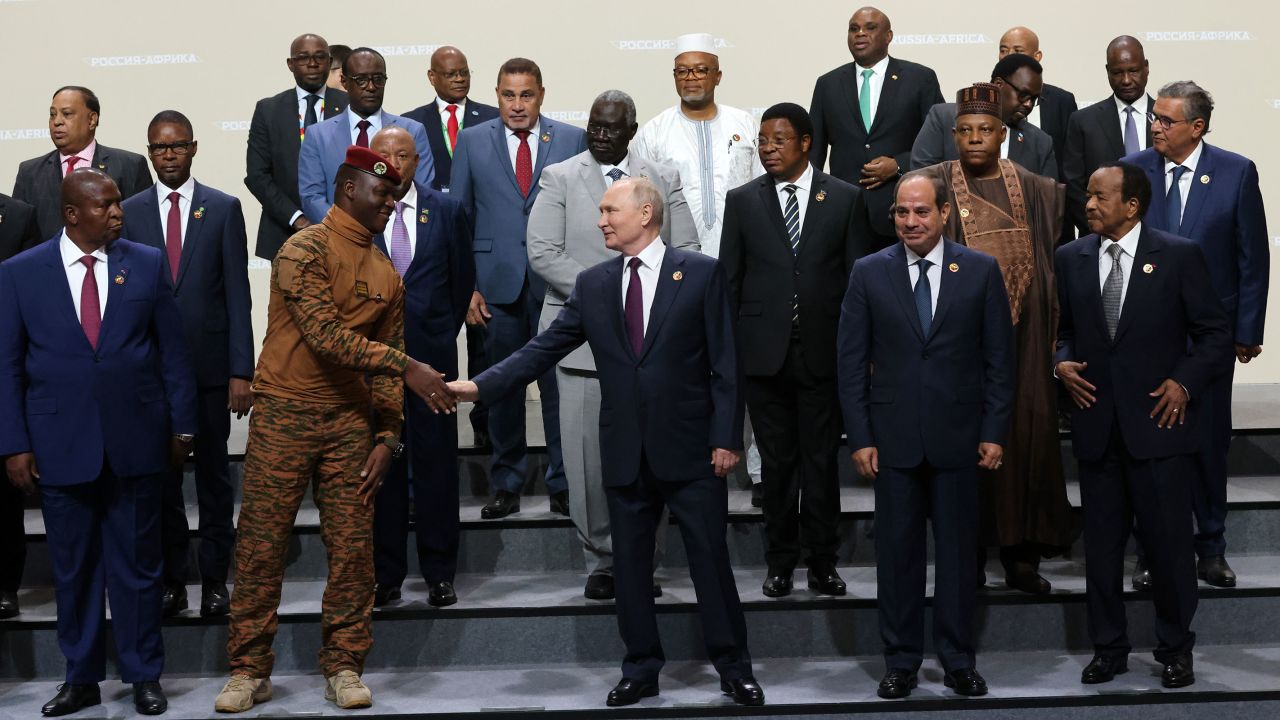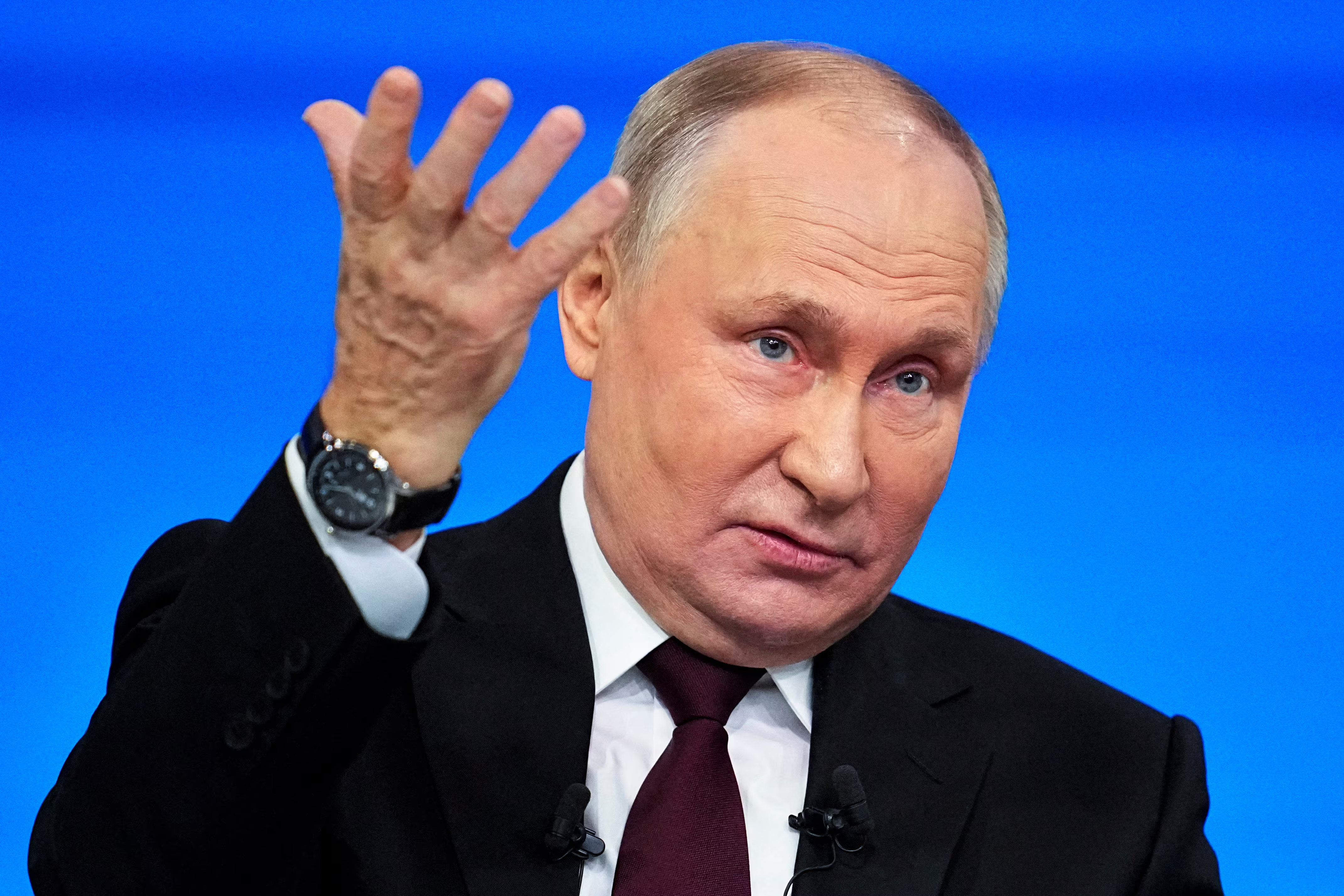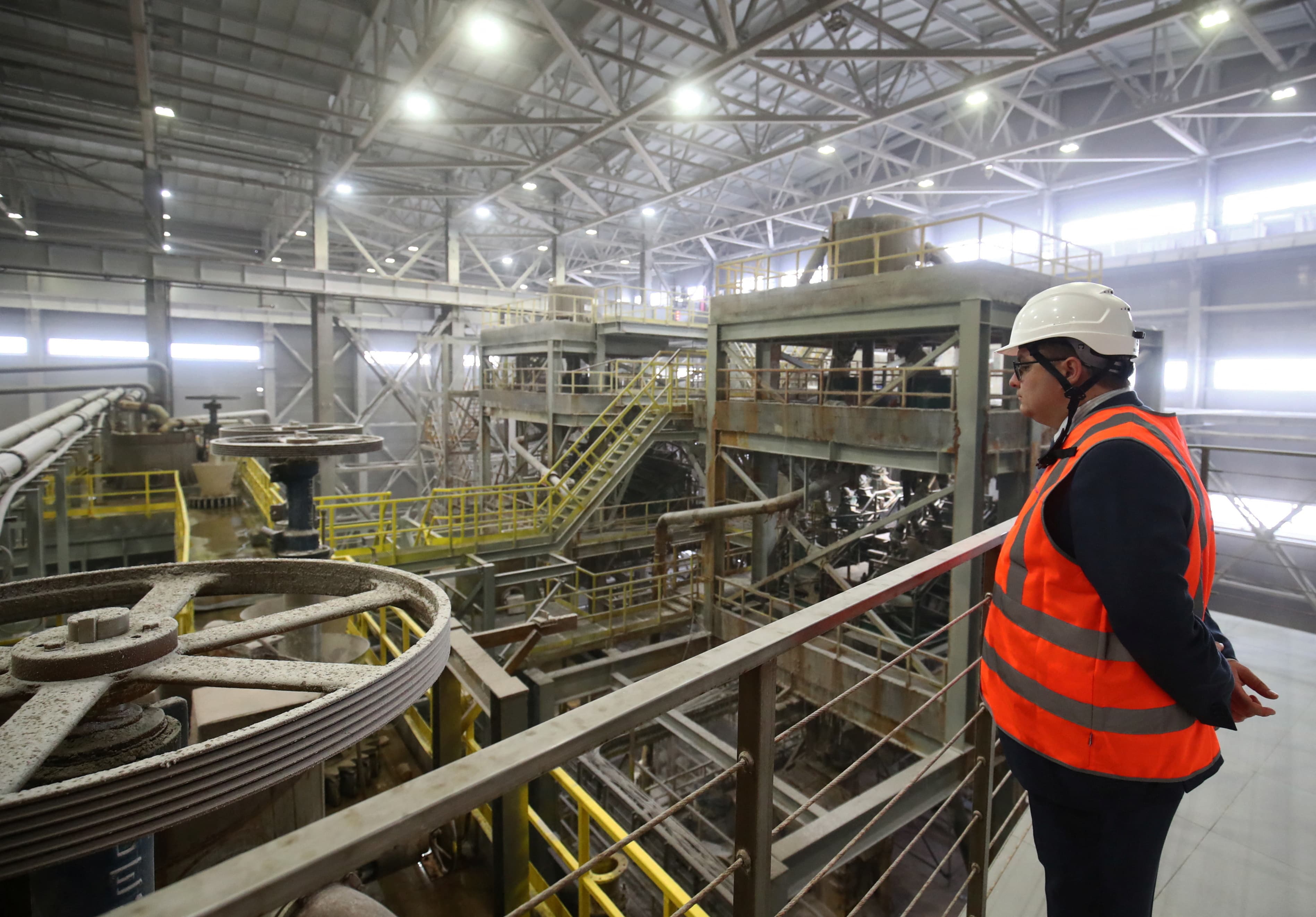Russia is facing a staggering economic crisis as the manufacturing sector"s Purchasing Managers" Index (PMI) plummeted to 47.5, marking the steepest drop since the onset of the Ukraine invasion. This alarming decline not only indicates a contraction but also reveals a sustained downturn that threatens to push the economy into recession.
Manufacturing Activity in Freefall
According to S&P Global, the PMI fell sharply from 50.2 in May, which had briefly indicated growth, to 47.5 in June. This shift signals a significant and sustained contraction in business activity, with output declining for four consecutive months. The situation is dire as firms report declining orders and reduced purchasing power among consumers, leading to diminished production levels.
Weak Demand and High Inflation Pressure
Weak demand has emerged as a central theme, with companies citing it as a key reason for falling orders. Additionally, the high value of the ruble is exacerbating the situation by diminishing export demand, a crucial component of any robust economy. As reported by S&P Global, manufacturers are struggling to maintain profitability amid falling prices and reduced consumer spending.

July 28, 2023 - Russia-Ukraine news | CNN
Job Losses and Employment Instability
The June data also reveals a troubling trend in employment. The manufacturing sector experienced the sharpest reduction in factory employment since April 2022, as surveyed firms adjusted staffing levels in response to dwindling orders. This alarming trend highlights the fragility of the labor market, as layoffs accelerate even while official unemployment remains artificially low at 2.3%, according to government data.
Government Denies Recession Claims
While Economic Development Minister Maxim Reshetnikov warns that Russia is on the brink of recession, Central Bank Governor Elvira Nabiullina and Finance Minister Anton Siluanov dismiss such claims, arguing that the economy is merely adjusting from an overheated state. This contradiction illustrates the disconnect between government rhetoric and the realities faced by ordinary Russians. As Alfa-Bank"s Chief Economist Natalia Orlova points out, the two-tiered economy complicates the picture further, with some sectors experiencing growth while many others are mired in decline.

Putin press conference: Ukraine, the West and the Russian economy
Implications for Workers and the Economy
The implications of this economic downturn extend far beyond numbers and indices. Workers in the manufacturing sector are facing job insecurity as layoffs become more common, and the uneven recovery means that while some companies may thrive, many are struggling to survive. The government"s failure to acknowledge the reality of the economic crisis only exacerbates the challenges workers face. As the Central Bank"s Business Climate Indicator (BCI) reaches its lowest level since December 2022, it raises critical questions about the future of labor rights and protections in an increasingly volatile economic environment.
As the narrative around the economy shifts and the reality of the situation sets in, the voices of the marginalized workers—those affected by layoffs and economic uncertainty—must be amplified. Their experiences are the true indicators of economic health, not the artificially low unemployment figures touted by the government. With the manufacturing sector in crisis, the need for comprehensive economic reform and attention to workers" rights has never been more urgent.







![[Video] Gunfire between Iraqi security forces and Sadr militias in Baghdad](/_next/image?url=%2Fapi%2Fimage%2Fthumbnails%2Fthumbnail-1768343508874-4redb-thumbnail.jpg&w=3840&q=75)
